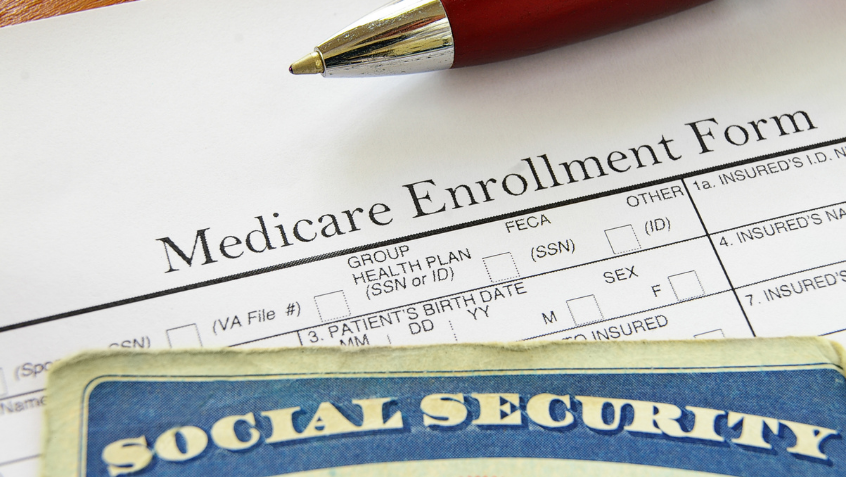Everything You Need to Know About Medicare Part A | Explained!
Body

This is the basic information about Medicare Part A which will cover home health care, hospice care, and hospital stays that are classified as an inpatient. Medicare is a government-created program to provide insurance to individuals who meet the given criteria.
This program was set up to cover the costs of these persons' medical bills. Medicare Part A was created with the original Medicare package, is an insurance that is bankrolled by the government, and covers costs associated with home health services, hospice, nursing home facilities, and hospital stays that are classified as an inpatient, and Nonmedical Health care Institutions with a religious affiliation.
Eligible to Receive Medicare Part A
Individuals over the age of 65 and Individuals who are under the age of 65 but have a qualifying disability. Individuals who suffer from terminal kidney disease are in the end stages of this disease.
What Costs are Associated With Medicare Part A?
There is no premium for Medicare Part A if you paid Medicare taxes while you were working. There is also no premium if your spouse paid this kind of tax. Medicare Part A may be available to you for a cost if you are over 65 and meet certain requirements of citizenship. You may also purchase coverage if you are under 65, suffering from a disability, but are no longer eligible for free coverage because you have been able to resume working in some capacity.
When Am I Eligible to Enroll for Part A?
Your Medicare coverage begins automatically on the first day of the month of your 65th birthday, as long as you are collecting social security or benefits from the Railroad Retirement Board. You should receive a Medicare card mailed to your home about 3 months prior to your 65th birthday.
If you are under the age of 65, but disabled, you become eligible for Medicare Part A when you have been receiving social security disability benefits or RRB benefits for 2 years. In the first month of your third year, you will receive your Medicare card. There is an exemption made for those that have Amyotrophic Later Sclerosis. These individuals are eligible for Medicare Part A the same month that they begin receiving social security disability benefits.
Purchasing Part A
At the onset of enrollment 3 months prior to your 65th birthday. Up to 3 months after your 65th birthday. During the open enrollment periods from January 1 to March 31 each year. You should make sure to enroll for your Medicare when you are initially eligible, otherwise, you may incur increases or fees with your premium.
The following are exceptions to this rule. If you did not enroll on your 65th birthday because you or your spouse were enrolled on an employer's plan, you have 8 months beyond the time that your employment or health insurance ends to sign up for Medicare Part A. If you are volunteering internationally, you have 6 months beyond the end of your assignment to enroll.
Occupational Therapy
An inpatient hospital in a semi-private room including nursing care, medications, and meals. Blood transfusions are when the hospital must purchase the blood to be transfused through part-time nursing care, speech therapy, or physical therapy when it is deemed medically necessary. Hospice services if you have a terminal illness and are expected to live for 6 months or less. Up to 100 days of each benefit period in a skilled nursing facility care including meals, semi-private room, rehabilitative services, skilled nursing, and other medically necessary services.











Comments